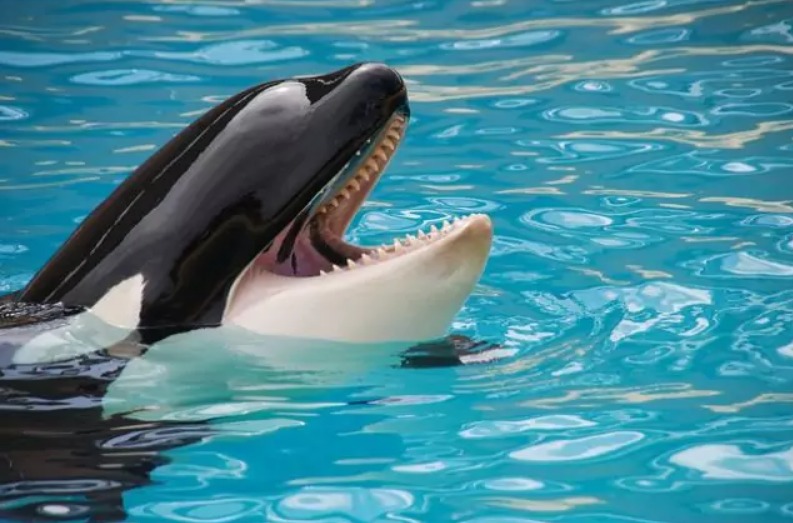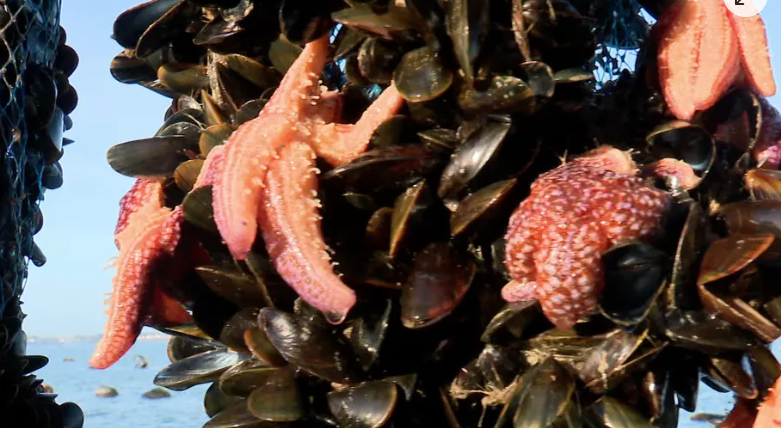The Mediterranean is boiling, Franco-British relations are worsening, and the orcas at Marineland in Antibes await their fate. Barely taking office, Fabrice Loher, successor to Hervé Berville as Secretary of State for the Sea, must address these three urgent and emblematic issues, as they will shape the contours of his mandate regarding environmental protection, support for fishermen, and animal ethics. A true declaration of intent, in short.
The Mediterranean: A Crucible of Climate Challenges
The new Minister for the Sea and Fishing faces significant environmental challenges, particularly the warming and acidification of the Mediterranean, which has become a hotspot for climate change. According to the MedECC (Mediterranean Experts on Climate and Environmental Change) report published in November 2020, average annual temperatures in the Mediterranean basin are already 1.5°C higher than pre-industrial levels. This trend could continue, with projections indicating an increase of 3.5°C by 2100 if efforts to combat climate change remain insufficient.
On August 15, 2024, a new critical threshold was crossed: the median daily surface temperature reached 28.9°C, surpassing the previous record of 28.71°C set just a year earlier, according to satellite data from the European Copernicus Observatory. The warming waters have direct consequences on marine biodiversity: tropical species are migrating north, while some endemic species face the threat of extinction. This upheaval is disrupting the Mediterranean fishing industry, valued at $3 billion, with forecasts indicating a decline in catches ranging from −20% to −75% for pelagic trawling and seine fishing, −50% to −75% for fixed nets and traps, and exceeding −75% for bottom trawling by the end of the century, while iconic species such as sea bass and gilt-head bream could see their catches decrease by an average of 40%. Meanwhile, the acidification of waters is intensifying, sometimes exacerbated by agricultural runoff, with a 10% increase since 1995, threatening calcifying organisms like corals and mollusks.
To address the growing challenges of warming in the Mediterranean, the Minister for the Sea must act quickly and in a coordinated manner. Strengthening scientific research to better understand the impacts of climate change and developing adaptation strategies for affected economic sectors, such as fishing and tourism, will be crucial. Implementing enhanced protective measures for vulnerable marine ecosystems will also be a priority.
The Thorny Question of Marineland’s Orcas
As the Mediterranean heats up, another pressing issue emerges: the fate of the orcas at Marineland in Antibes. This case stands as a litmus test for French maritime policy, at the intersection of ecology and animal ethics. The ban on shows scheduled for 2026 places these sea giants at the center of a heated debate. Marineland wishes to transfer its orcas to an equivalent facility, while animal welfare organizations advocate for the creation of a dedicated marine sanctuary. The NGO Sea Shepherd argues that France cannot simply « wash its hands of the problem » and supports a sanctuary on the Brest coast, where the two orcas would be « under the protection of French law regarding animal welfare. »
However, establishing such a sanctuary is an expensive and complex project, and no similar facility has ever proven effective, either ecologically or economically. For former Green MEP Caroline Roose, « this seems difficult to achieve. » Estimates for creating such a sanctuary on the French coasts, based on one planned in Nova Scotia, would hover around 15 million euros, not including annual maintenance costs that could reach several million. An exorbitant price for a project that is still at the proposal stage, with an elusive economic model. The dilemma is significant: how to reconcile animal ethics, economic constraints, and technical feasibility? The orcas, born in captivity, cannot simply be released into the ocean, and their adaptation to a semi-natural environment would require constant monitoring and specialized care.
Franco-British Tensions: A New Puzzle for Fabrice Loher
Beyond ecological and ethical challenges, the newly appointed minister will also have to navigate the murky waters of Franco-British relations. The recent victory of Keir Starmer’s Labour Party in the UK elections opens new avenues in the tensions surrounding fishing rights. These frictions peaked in March 2024 when the previous British government decided to ban bottom trawling in 13 marine protected areas, covering approximately 4,000 square kilometers.
This decision incensed France, which perceives it as a discriminatory measure against its fishermen—Paris even accused London of violating the post-Brexit Trade and Cooperation Agreement (TCA). Olivier Le Nézet, president of the National Committee for Maritime Fisheries, views this as an affront and a « highly political issue. » According to him, « these marine protected areas are discriminatory, that’s evident. » Such a measure is considered discriminatory as it disproportionately affects French fishermen, who historically rely on these fishing zones for their livelihoods, without offering equivalent alternatives. Fabrice Loher, following in the footsteps of his predecessor Hervé Berville, will have the delicate task of renegotiating these agreements with the Starmer government while safeguarding the interests of French fishermen and taking into account the imperatives of marine environmental protection. A balancing act that will require diplomacy and firmness.




